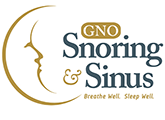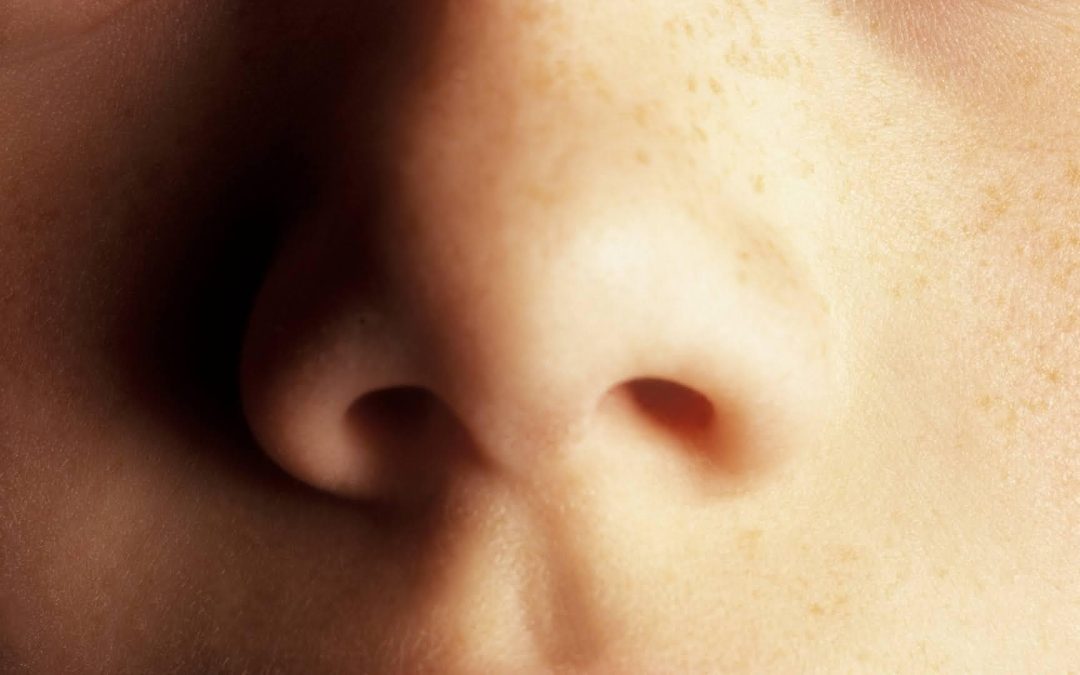When you wake up with a stuffy nose, pain or pressure around your face, and a decreased sense of smell, you may question if you have a sinus infection or sinusitis. But what is sinusitis, what causes this condition, and how should it be treated? Here are a few suggestions that hopefully get you back on the road to recovery. What Is Sinusitis? Many do not realize that most people have four pairs, or eight sinus cavities, in their heads. The smallest of the eight are your two sphenoid and two ethmoid sinuses behind your nose and between your eyes. Your largest sinus cavities are your maxillary sinuses on either side of your nostrils under your eyes, and your two frontal sinuses are in your forehead and above your eyebrows. Sinusitis, or rhinosinusitis, is a prevalent infection affecting approximately 31 million people in the U.S. This condition is caused by the infection of your mucus membranes within one or more of your four pairs of sinus cavities. When these tissues become inflamed, the infection fills the spaces within your forehead, cheeks, and nose normally filled with air. The inflammation interferes with your body’s natural draining ability and causes the mucus to become trapped in the cavities. The inflammation, along with the mucus backup, causes congestion, pain, and pressure. As the infection drains into your nasal passages, they can also become infected and clogged. What Causes Sinusitis? Viral infections, such as the flu or a common cold, cause many cases of sinusitis. Bacterial infections, an infected tooth, or a fungal infection can cause sinusitis as well. It is often difficult to discern the exact cause, as the symptoms of both types are very similar. The main difference between a viral and bacterial infection is the duration of your symptoms. A viral infection usually starts dissipating after five to seven days, whereas bacterial infections can take longer. Bacterial infections may also actually become worse after the first week. Why Do You Get More Infections Than Others? Do you feel like you get sinusitis than other people? Unfortunately, this may be true. Some people are more prone to these types of infections than others. These people often suffer from the following:
- Asthma
- Nasal allergies
- Nasal growths (polyps)
- Nasal passage deformities
- Narrowing of the sinus opening
- Weakened immune systems
Certain illnesses, medications, and even smoking can also put you at risk of this condition. How Do You Treat Sinusitis? Many people start off treating sinusitis with over-the-counter cold and allergy medications. These often provide a degree of relief and may include some of the following:
- Nasal decongestant sprays
- Decongestant tablets or liquids
- Nasal saline flushes
- Pain relievers
You may also find relief from inhaling warm water vapors, applying warm compresses, or using a neti pot. If your symptoms do not improve within a few days, you may need to schedule a doctor’s appointment. Your doctor may then prescribe a round of antibiotics depending on the severity of your symptoms. Your physician may also prescribe topical nasal corticosteroids to help prevent and reverse your inflammation and swelling. The corticosteroids are also effective for those suffering from nasal polyps, as the medication can shrink or prevent these. If nothing else works or you suffer from chronic infections, your physician may suggest surgery to address the underlying nasal or sinus problems. Of course, this would be a last resort. If you live in the New Orleans area and suspect you have sinusitis or some other ear, nose, and throat problems, you do not have to suffer alone. GNO Snoring & Sinus specializes in office-based treatment of common ear, nose, and throat disorders. We are prepared to help you get to breathing and feeling better, and sleeping well. Give us a call today to schedule your appointment.

